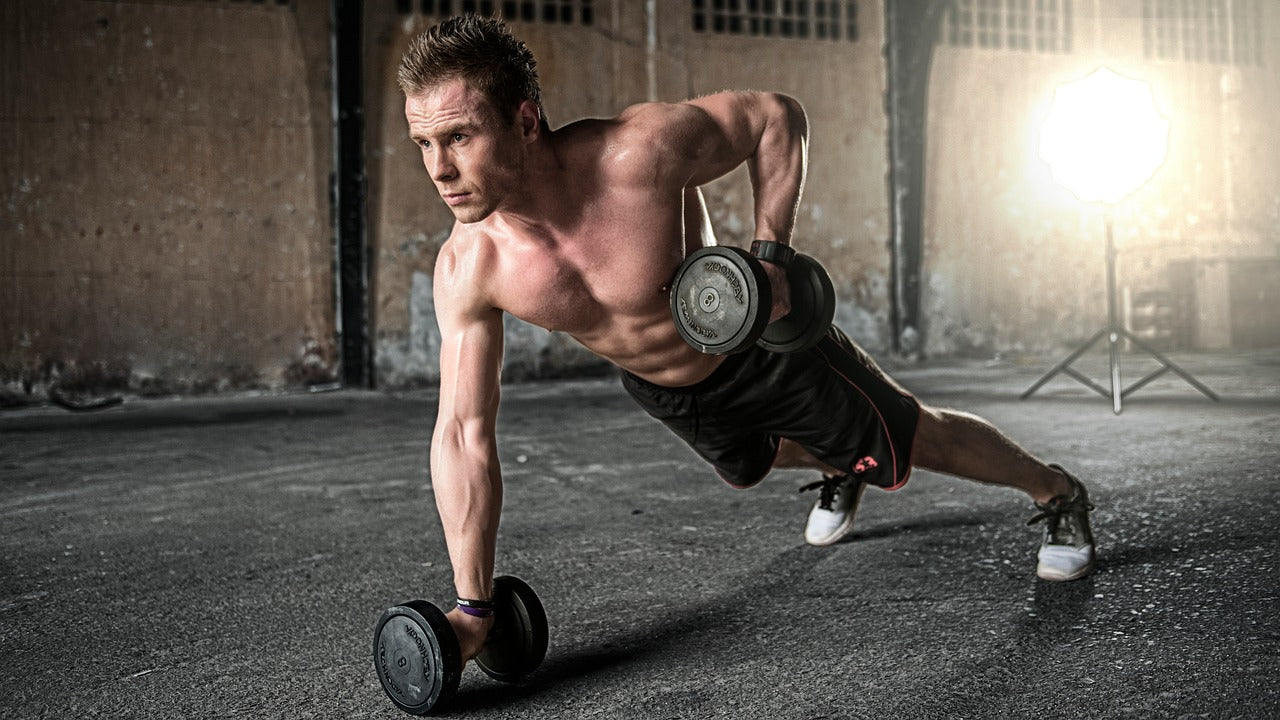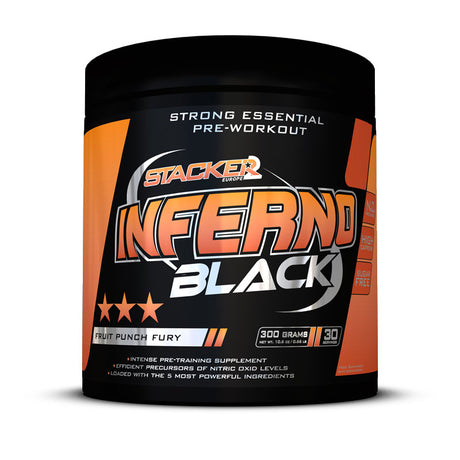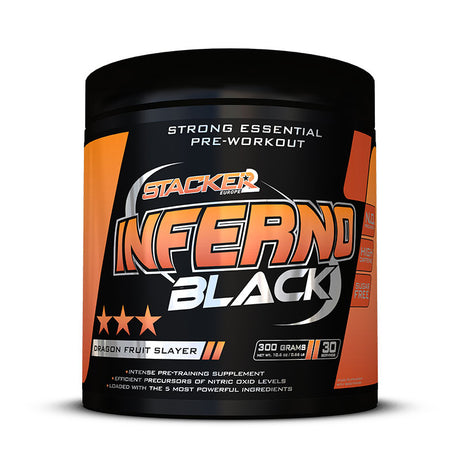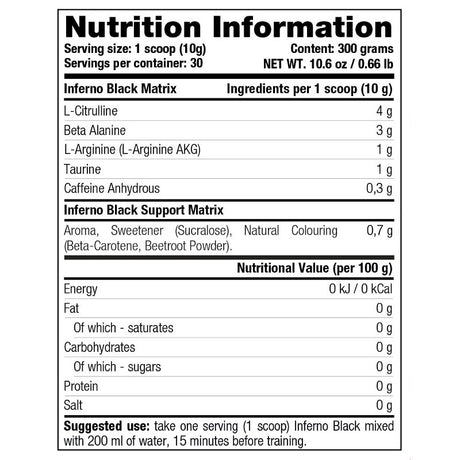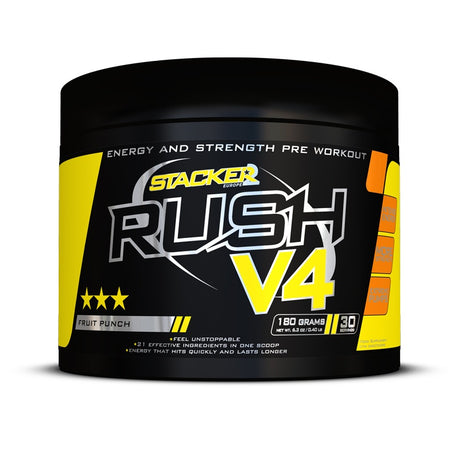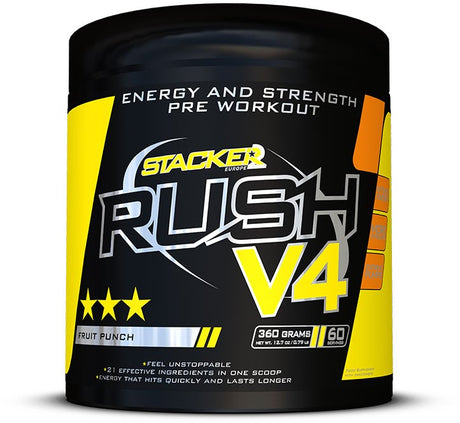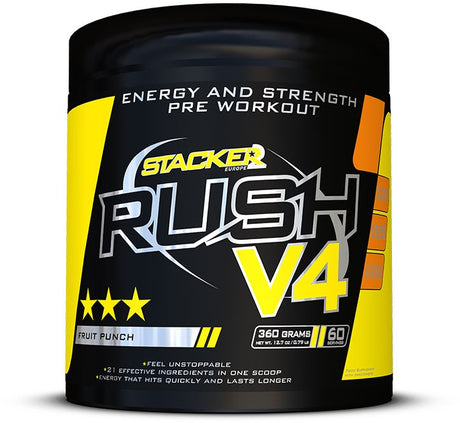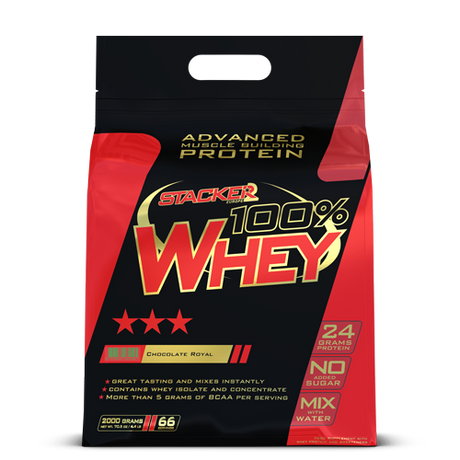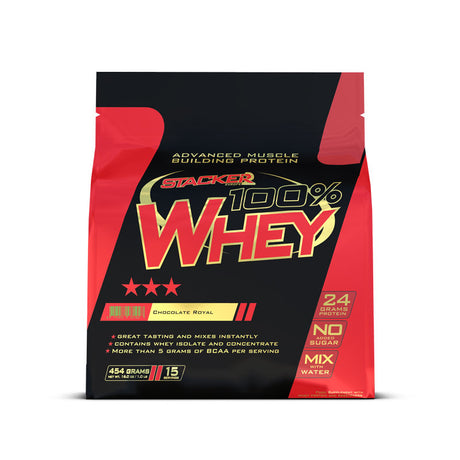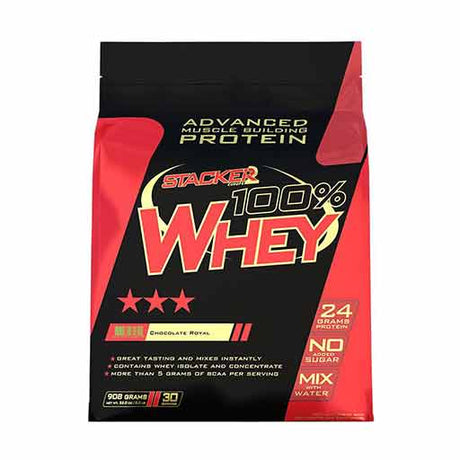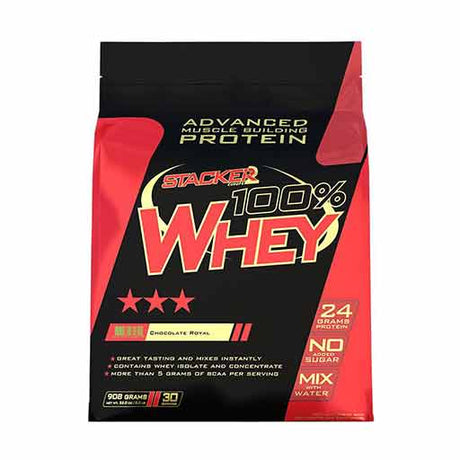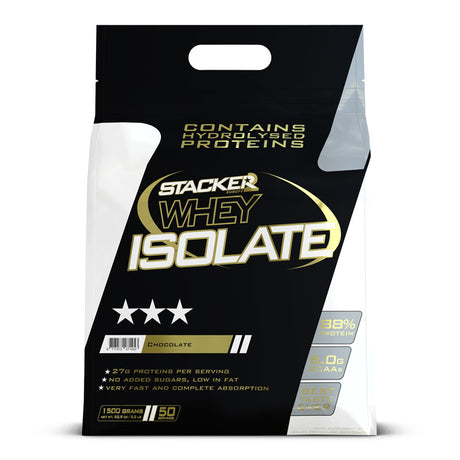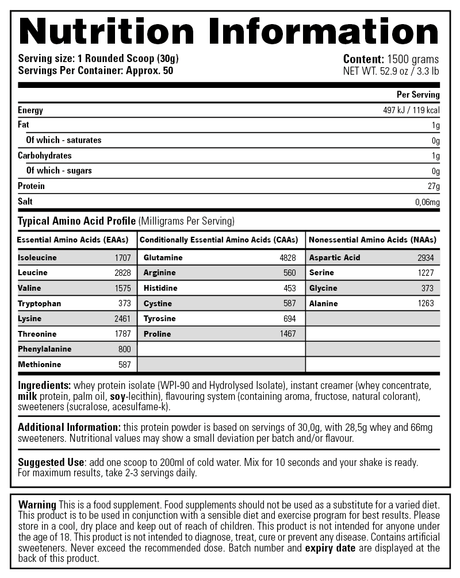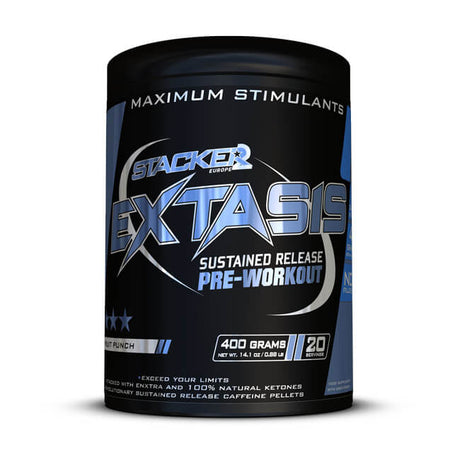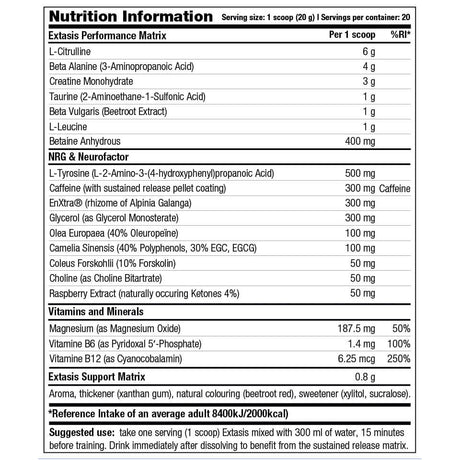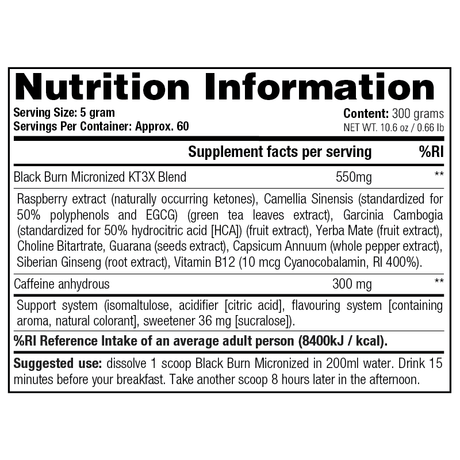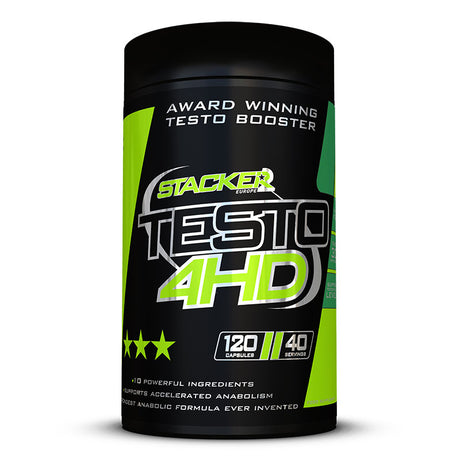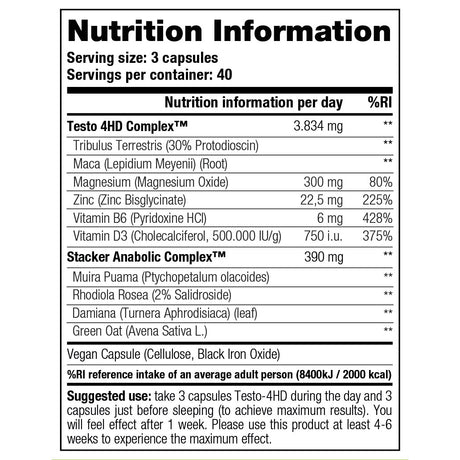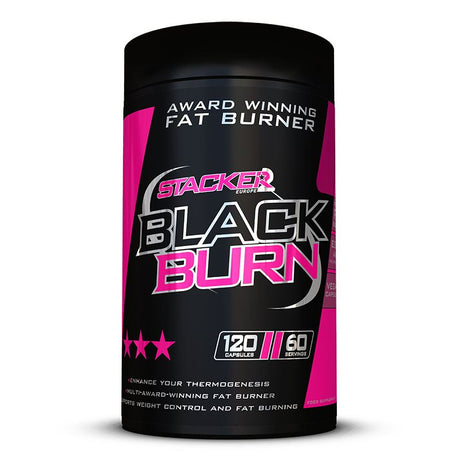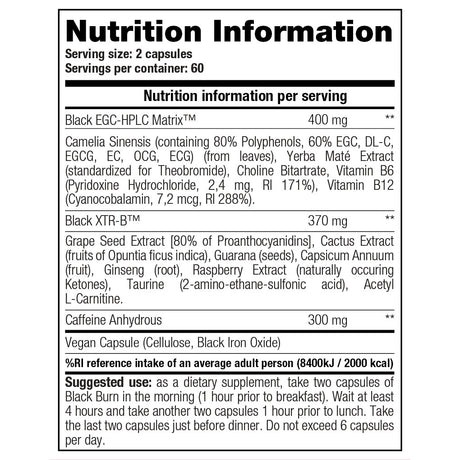Whey proteins, pre-workouts, creatine. Everything to become maximally fit and to continue training optimally. Yet there is a fourth in this row that plays an important role in building and repairing muscle tissue. They are amino acids. In the sports world, people often talk about BCAA, or Branched Chain Amino Acids. Which groups of aminos are included and how do you use them?
How do you get the most out of your body and training? That is what athletes and (top) athletes are looking for. Create the optimal conditions for yourself to achieve maximum performance. An important weapon in this battle are the branched chain amino acids. This concerns the three amino acids valine, leucine and isoleucine.
Building blocks of proteins
Amino acids are the building blocks for proteins. You need them for your metabolism but also to make your muscles work. A distinction is made between essential and non-essential amino acids. Your body can make some amino acids from other amino acids (non-essential). Amino acids that your body cannot produce, but which you get from your diet, are essential amino acids. Supplements for the essential amino acids are available in powder form, as capsules or in drinks. There are also semi-essential amino acids. The body basically makes it itself, but with certain conditions a deficiency can occur, which means you also need supplementation through food.
Essential Amino Acids:
- Histidine
- Isoleucine
- Leucine
- Lysine
- Methionine
- Phenylalanine
- Threonine
- Tryptophan
- Valine
Non-essential amino acids:
- Alanine
- Aspartic acid
- Cysteine
- Cystine
- Glutamic acid
- Tyrosine
- Hydroxyproline
Semi-essential amino acids:
- Arginine
- Asparagine
- Glutamine
- Glycine
- Serine
- Proline
How does body protein build up work?
We explained above that amino acids are the building blocks of proteins, but there is much more going on in the process. We consume proteins through food. These proteins are broken down by enzymes in the small intestine. Stomach acid changes the structure, making proteins easier to digest. This process of digestion mainly takes place in the small intestine. During digestion, amino acids are released that the body absorbs and delivers via the blood to the liver and other tissues. This ensures the production of body protein (about 70%). The remaining amino acids from food are converted into glucose, stored as fat or used as energy. This ensures a continuous cycle in which body proteins are broken down and rebuilt. 200-300 grams of protein are replaced daily. This process mainly takes place in the liver and intestines.
BCAA in food, in food and in supplements
Now that you know how important supplementing amino acids is, it is important how you get them from natural foods. That is not hard. In many cases you will be fine with a varied diet: meat, fish, poultry, dairy, eggs, nuts, seeds, legumes, quinoa and soy. In addition to good meals that contain these types of products, it may be desirable for athletes to supplement this with BCAA supplementation. It is good to look at your training goals, but also at your physique and weight. A dietitian can help you with the right dosage for your plan and needs.
Here you will find all our BCAA products (amino acids) in the shop.

